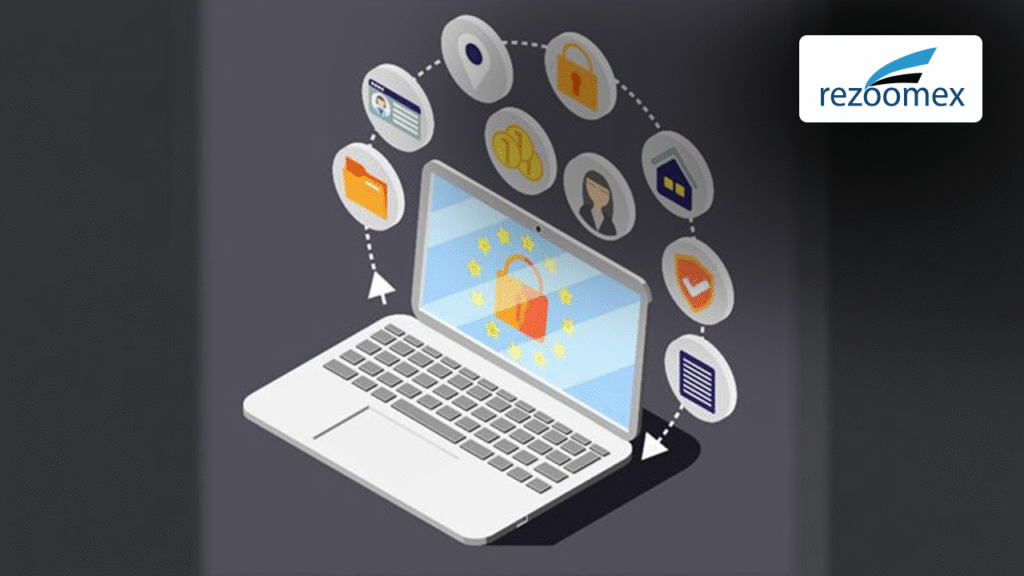
The intersection of technology and privacy continues to be a contentious landscape shaped by advancements in data processing and the ever-expanding role of tech companies in our daily lives. Governments worldwide are scrambling to regulate these companies and protect consumer privacy without stifling innovation. Here’s a closer look at how tech privacy regulations are evolving and their impact on the industry.
1. The Regulatory Wave Across Continents
Privacy has become a significant focus for policymakers as data breaches and the misuse of personal information dominate headlines. The European Union (EU) remains at the forefront of digital privacy laws with its General Data Protection Regulation (GDPR), enacted in 2018. The GDPR sets stringent guidelines on how companies must handle consumer data, including requiring consent and providing rights for data access and deletion.
Now, the EU has doubled down with the Digital Services Act (DSA) and the Digital Markets Act (DMA). These regulations aim to hold tech giants accountable for content moderation and fair market practices, highlighting how governance is intensifying in the digital age. Meanwhile, in the United States, the discussion over federal privacy laws is gaining momentum, as states like California have passed their own legislation, such as the California Consumer Privacy Act (CCPA) and the California Privacy Rights Act (CPRA).
Countries like India have also introduced comprehensive measures with their Digital Personal Data Protection Act, which mandates how data should be processed, penalizing non-compliance. The emphasis globally is on ensuring transparency, accountability, and user control over personal information.
2. The Pushback from Big Tech
Tech companies argue that stringent regulations can hamper innovation, especially in sectors like AI and digital advertising. Companies such as Facebook (Meta) and Google have faced multi-billion dollar fines in Europe for non-compliance with privacy laws. These tech giants warn that overregulation may inhibit their ability to offer free or affordable services that users have come to expect.
Furthermore, tech leaders advocate for the harmonization of privacy regulations to avoid a fragmented approach that complicates global operations. As governments impose fines and oversight, companies are scrambling to invest in privacy infrastructure and compliance while lobbying for more favorable regulatory environments.
3. Encryption and Government Surveillance
The debate over end-to-end encryption has been another critical battleground. Governments argue that encryption can hinder criminal investigations, pushing for backdoors in messaging platforms like WhatsApp and iMessage. However, tech companies and privacy advocates assert that any form of weakened encryption could expose user data to bad actors, compromising digital security.
A recent example is the UK’s controversial Online Safety Bill, which initially sought to weaken encryption but faced immense backlash from tech firms and civil society. This struggle reflects the ongoing challenge of balancing national security concerns with individual privacy rights.
4. Impact on Emerging Technologies
Privacy regulations are reshaping innovation in fields like AI and IoT (Internet of Things). For instance, AI companies must now design models that are not only efficient but also compliant with data privacy laws, ensuring they don’t inadvertently misuse or expose personal data. The emphasis is on “privacy by design,” a concept where data protection is integrated into the technology’s architecture from the ground up.
Similarly, the proliferation of IoT devices has sparked concerns over constant surveillance. Devices collecting data from our homes and daily routines have prompted regulators to push for more secure data practices, requiring explicit consent and robust security measures to prevent unauthorized access.
5. What’s Next? The Path Forward
As technology evolves, so too will privacy concerns. Future discussions are likely to focus on how to regulate AI, facial recognition, and cross-border data flows. Additionally, there is a growing call for a universal digital bill of rights that could standardize privacy protection on a global scale. The ongoing tug-of-war between tech innovation and privacy protection ensures that this area will remain dynamic and highly debated.
Conclusion
The battle over tech privacy and regulation is far from over. As more of our lives move online, the stakes grow higher. Companies and governments must work together to find a balance that protects individuals while fostering technological advancements. The regulatory landscape will continue to evolve, likely becoming even more complex and influential over the years.
Hope this article was helpful to you. If yes, we will be glad if you could share it with your connections online. You can also tweet your comments to @rezoomex and @akshaymoon89 with #TechHiringBlog
Do share your thoughts on this in the comments box.
Also, explore how Rezoomex is leveraging Smart Contracts in Gig Work. Visit our website here https://rezoomex.com/smartContracts
Thank You!
With an overall experience of more that 7 years, Akshay Moon is someone who specializes in content marketing and has always managed to create quality content. He is currently working with Rezoomex as a Digital Marketing Executive.
Passionate about sports, particularly obsessed with cricket, anything related to the game is enough to attract Akshay’s attention.
Related
Discover more from Rezoomex Tech Blog
Subscribe to get the latest posts sent to your email.


